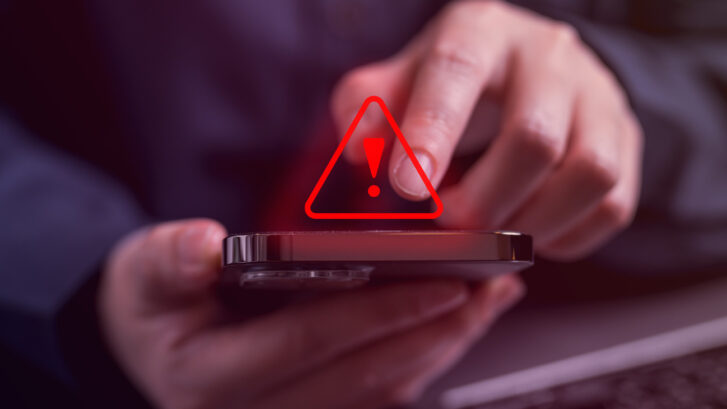How to Identify and Avoid Social Security Scam Calls
Social security scam calls have become a pervasive threat today, targeting individuals across the nation with sophisticated tactics designed to defraud and steal personal information. These fraudulent activities not only compromise the security of personal and financial information but also pose a significant risk to the peace of mind of individuals. Understanding the nature of these scams, recognizing the signs, and knowing the steps to take to protect yourself are crucial in navigating this digital minefield.
Recognizing Social Security Scam Calls
The first step in protecting yourself from social security scam calls is to recognize their characteristics and tactics. Scammers often employ a variety of techniques to convince their targets of their legitimacy, including spoofing phone numbers to make it appear as if the call is coming from a legitimate government agency. Common tactics include threats of arrest or legal action, promises of benefits increases, or claims of suspicious activity on your social security account.
Key Signs of a Scam Call
- Caller demands immediate action or payment to avoid arrest or legal trouble. SCAM AUDIO
- Requests for payment in specific forms, such as wire transfers, prepaid debit cards, or gift cards.
- Asking for sensitive information, like your social security number, bank account, or credit card details over the phone.
- Pressure tactics to create a sense of urgency, preying on fear and anxiety.
How to Protect Yourself
- Never give out personal information over the phone to unsolicited callers, especially if they request sensitive details like your social security number.
- Hang up immediately if you suspect a call is a scam. It’s better to be safe and verify the legitimacy of the call by contacting the Social Security Administration (SSA) directly through their official contact channels.
- Use call-blocking services offered by your phone carrier or third-party apps to reduce the number of scam calls you receive.
- Report scam calls to the Office of the Inspector General (OIG) and the Federal Trade Commission (FTC) to help authorities track and take action against scammers.
Find out who is calling you
The Importance of Vigilance
Staying informed about the latest scam tactics and maintaining a healthy skepticism towards unsolicited calls claiming to be from the SSA or any other government agency are essential strategies in protecting yourself. Scammers constantly evolve their methods, so it’s crucial to stay updated on new scam trends and share this knowledge with friends and family.
Educational Resources and Support
Numerous resources are available for individuals looking to educate themselves further on how to protect against social security scam calls. The Social Security Administration’s official website provides detailed guidance and updates on current scams, along with steps on how to report them. Additionally, consumer protection sites offer tips and tools to help you secure your personal and financial information against potential scams.
Conclusion
In the battle against social security scam calls, knowledge, and vigilance are your best defenses. By recognizing the signs of a scam, protecting your personal information, and reporting suspicious activity, you can contribute to the broader effort to combat these fraudulent schemes. Remember, legitimate organizations will never pressure you for immediate payment or personal information over the phone. Staying informed and cautious can help safeguard your personal and financial well-being against these digital predators.





